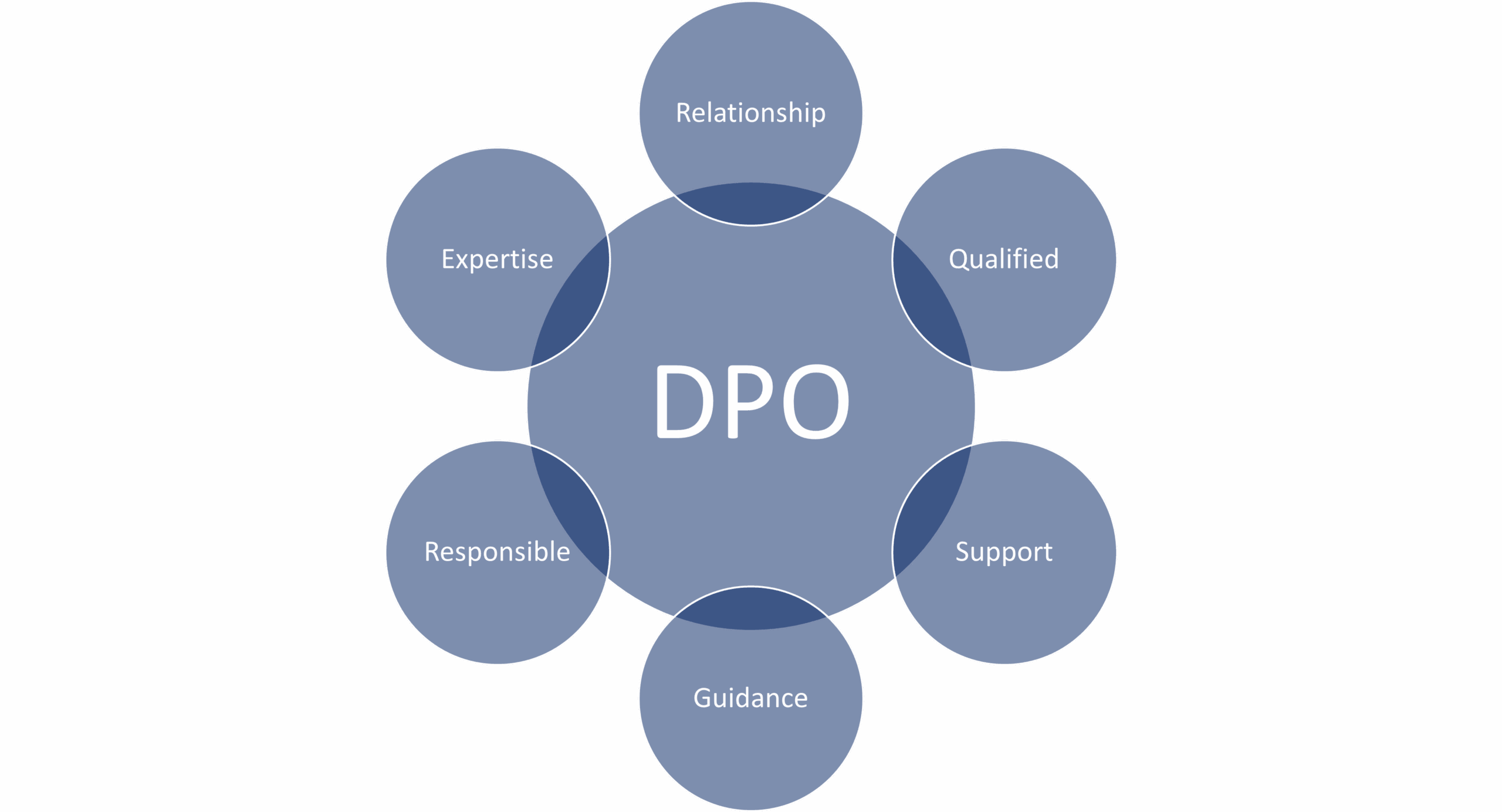The acronym DPO, increasingly ubiquitous in discussions surrounding data governance and regulatory compliance, warrants meticulous examination. Its significance transcends mere nomenclature, representing a pivotal role in the modern data ecosystem. But what, precisely, does DPO signify, and why has it garnered such prominence? This exploration endeavors to dissect the multifaceted nature of the DPO, illuminating its function, responsibilities, and the broader implications for organizations navigating the complexities of data privacy.
DPO stands for Data Protection Officer. At its core, the DPO is a designated individual or team responsible for overseeing an organization’s data protection strategy and its implementation. This is not simply a box-ticking exercise; the DPO acts as a linchpin, ensuring that the organization adheres to applicable data protection laws and regulations, such as the General Data Protection Regulation (GDPR) in the European Union, and similar legislation sprouting globally. The DPO’s function is not merely advisory; it encompasses proactive involvement in shaping the organization’s approach to data handling.
The role of the DPO is intricately woven into the fabric of organizational operations. They are tasked with a panoply of responsibilities, each critical to fostering a culture of data privacy. A crucial function involves informing and advising the organization and its employees about their obligations under data protection law. This necessitates a deep understanding of both the legal landscape and the organization’s internal processes.
Furthermore, the DPO is responsible for monitoring compliance with data protection laws and the organization’s internal data protection policies. This includes conducting data protection impact assessments (DPIAs) for new projects or initiatives that may pose a high risk to personal data. DPIAs represent a proactive approach, allowing the organization to identify and mitigate potential privacy risks before they materialize. Think of it as a preemptive strike against data breaches and non-compliance.
Acting as the primary point of contact for data protection authorities (DPAs) is another fundamental aspect of the DPO’s mandate. This entails cooperating with DPAs on investigations and providing them with the information they require. A transparent and collaborative relationship with DPAs is paramount to maintaining regulatory compliance and demonstrating a commitment to data protection.
The DPO also serves as the point of contact for individuals whose data is being processed by the organization. This requires the DPO to handle inquiries, complaints, and requests related to data privacy, such as requests for access, rectification, or erasure of personal data, often referred to as data subject rights requests. The ability to address these requests promptly and effectively is crucial for maintaining public trust and fulfilling legal obligations.
The question of who needs a DPO is not always straightforward. Under GDPR, certain organizations are mandated to appoint a DPO. This typically includes public authorities or bodies, organizations whose core activities consist of processing operations that require regular and systematic monitoring of data subjects on a large scale, or organizations whose core activities consist of processing special categories of data (such as health data or biometric data) on a large scale. However, even organizations that are not legally required to appoint a DPO may find it beneficial to do so. A dedicated DPO can provide valuable expertise and guidance, helping the organization to navigate the complex landscape of data protection laws and regulations. Furthermore, the presence of a DPO can demonstrate a commitment to data privacy, which can enhance the organization’s reputation and build trust with customers and stakeholders. Smaller organizations, while not mandated, might consider outsourcing the DPO function to a specialized firm, gaining access to expertise without the overhead of a full-time employee.
The requisite skills and qualifications for a DPO are diverse and demanding. A robust understanding of data protection law and practices is, of course, paramount. However, legal acumen alone is insufficient. The DPO must also possess a solid grasp of information technology, data security, and organizational processes. Furthermore, strong communication and interpersonal skills are essential, as the DPO must be able to effectively communicate complex legal and technical concepts to a variety of audiences, from senior management to individual employees. Analytical prowess and the ability to conduct thorough investigations are also indispensable. The DPO’s role demands a unique blend of legal expertise, technical knowledge, and communication skills.
The DPO role presents inherent challenges. Maintaining independence is crucial; the DPO must be able to operate without undue influence from management or other departments. This requires a degree of autonomy and the ability to escalate concerns when necessary. Navigating conflicting priorities within the organization can also be challenging. The DPO must balance the organization’s business objectives with its data protection obligations, often requiring difficult trade-offs. Keeping abreast of the ever-evolving data protection landscape is another constant challenge. Data protection laws and regulations are constantly being updated and refined, requiring the DPO to engage in continuous learning and professional development.
In conclusion, the DPO is not merely a compliance officer; they are a strategic asset. They play a vital role in fostering a culture of data privacy within an organization, ensuring compliance with data protection laws and regulations, and mitigating the risks associated with data breaches and other privacy violations. The rise of the DPO reflects a growing recognition of the importance of data privacy in the modern world, signaling a shift toward greater accountability and transparency in the handling of personal data. The DPO represents a paradigm shift in how organizations approach data privacy, moving from a reactive, compliance-driven approach to a proactive, risk-based approach. This transformation is essential for building trust with customers and stakeholders and ensuring the long-term sustainability of the organization. The DPO function, though complex and demanding, is ultimately critical for navigating the intricacies of the data-driven world.







Leave a Comment